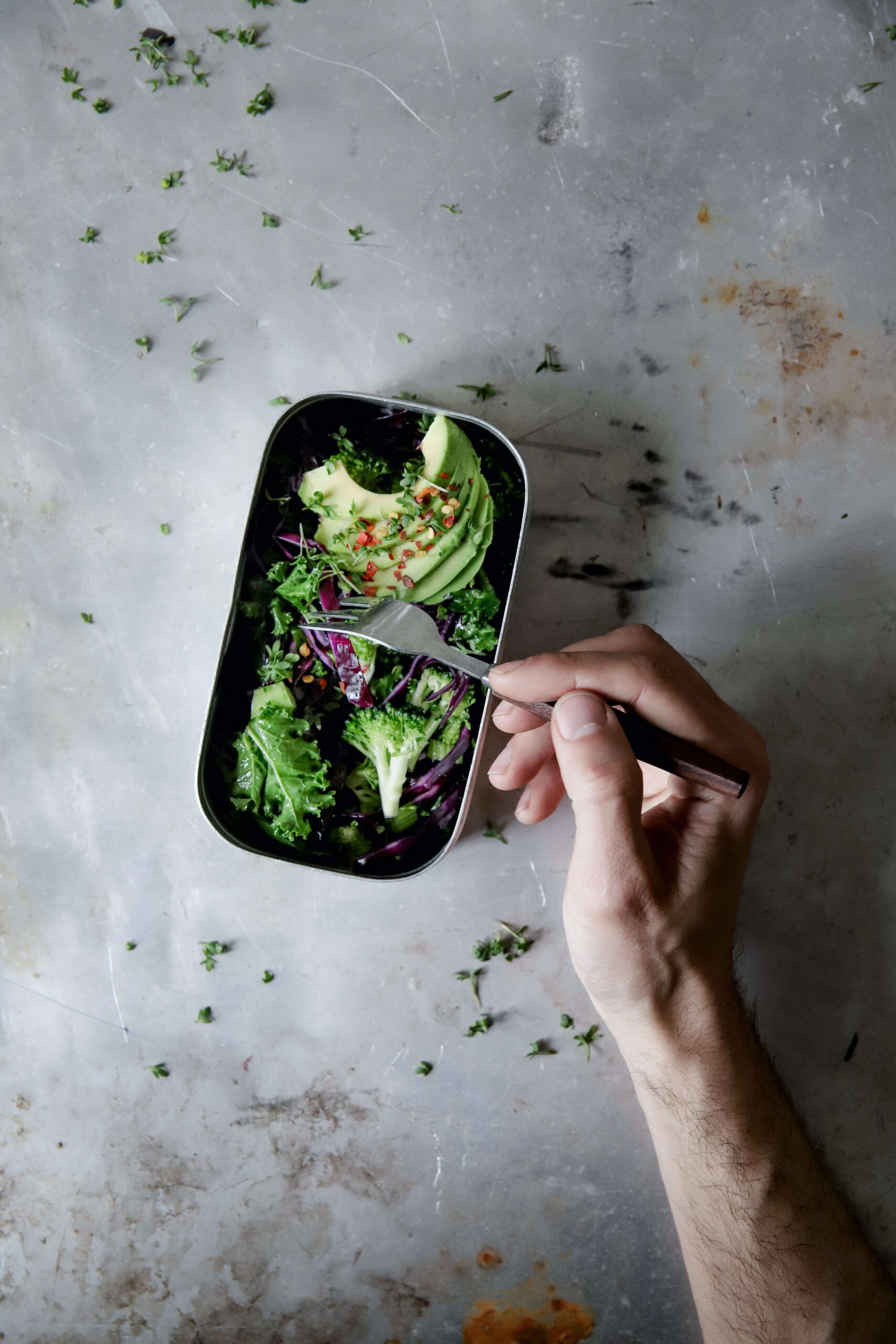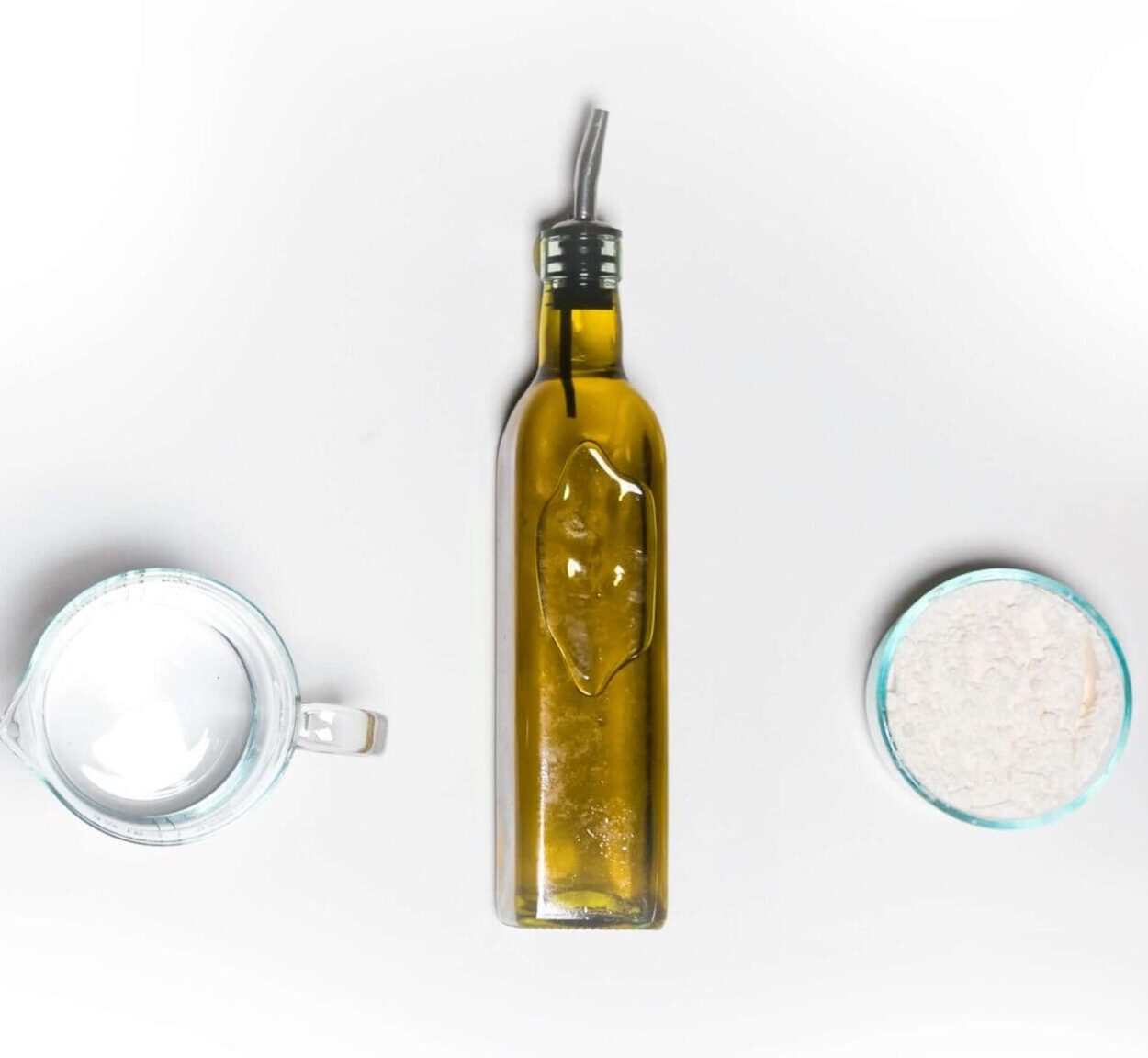Introduction
Hello friend! Today we are going to be uncovering some of the most common alternative diets!
A cancer diagnosis is life-changing. All of a sudden, you’re thrown into the chaos of confusing terminology, treatment options, and nasty side effects. It’s understandable to seek some form of control in the form of alternative diets. One may search for the silver bullet- the one food or diet that is going to cure their cancer. We all need to eat and it makes sense that food may play a role in our health, but sometimes it gets more credit- like WAY more credit than it deserves. Food and diet may be used alongside treatment to improve outcomes, but food alone cannot treat cancer. Although the research is promising, we are still only learning about the fascinating world of alternative diets.
A word of advice regarding alternative treatments
Everyone has a right to make their own medical decisions and pursue alternative treatments that they are confident about. I just want you to proceed with caution when coming across a food/product/diet linked with some of the following phrases.
“Your doctor doesn’t want you to know about this!”
Be cautious of anyone who seeks credibility by questioning experts in a certain field. Often those who do this have no credentials at all. They can spread information that can actually be harmful and discourage people from pursuing life saving treatment.
“My great uncle’s friend tried this and it cured his cancer!”
Not everyone’s body works the same. Just because this random person allegedly responded well to something does not mean that it is a one-size fits all.
“Cancer research has been going on forever and they still haven’t found a cure? It’s because big pharma is keeping us sick so that it can take all our money!”
This claim tends to oversimplify the disease. The word “cancer” describes abnormal cell growth in the body, but it does not mean all cancer is the same. Each form has their own set of risk factors, treatments, and prognoses with some overlap in the recommendations for prevention. Since cancer itself is complex, finding a cure will be too.
Common Alternative Diets
Working as a dietitian in the industry for over 10 years has exposed me to so many different alternative diets/therapies. I’m tempted to say I’ve seen it all, but I know that’s not the case. It seems as though each day brings with it a different cure-all diet that is on every form of media. In this post, I am only going to be covering the most common diets that I get questions about.
Ketogenic Diet
This alternative diet was initially used as a form of treatment for people with epilepsy in the 1920s. More recently, it has gained interest in areas of research such as diabetes, cancer, and weight management. This diet focuses on fat as the primary source of calories with fewer calories coming from protein and carbohydrates. This diet may be easy to follow since the high fat content provides feelings of satiety. Before you start downing butter and bacon, note that high saturated fat diets could increase the risk for heart disease. Additionally, this diet provides so few calories from carbohydrates that it lacks key nutrients found in carbohydrate-rich foods, such as fiber.
The link between the keto diet and cancer comes from the idea that cancer cells use more glucose than healthy cells. Severely slashing carb intake to the point where the body looks for energy in other forms (ketones), may starve cancer of its fuel and reduce cell growth. Cancer cells in organs that especially like using carbs for energy, such as the brain, may become more sensitive to treatment.
Although the link is promising, we don’t have enough data to know if it actually works or if cancer cells will be able to use the ketones as an effective form of energy. Cancer is sneaky and good at adapting metabolic pathways to get what it needs. The keto diet may also have undesirable side effects including headache, fatigue, and constipation. If one decides to follow this diet during treatment, they should work closely with their medical team to ensure that they are getting the proper nutrients through their diet and supplements.
Plant-Based Diets
On the other side of the diet debate is the plant based diet. Opposite to the keto diet, this alternative diet focuses on getting the majority of calories from plants and fewer calories from protein and fat. In a long term study following breast cancer survivors over several years, those following a low fat diet (only 15-24% of calories from fat) with ER- breast cancer had a 42% reduced risk of recurrence. Although this reduction could be more related to the weight loss these women experienced as a result, the findings indicate that a low fat-high carb diet could have a protective advantage.
Often during treatment, many people have increased calorie and protein needs to recover and reduce losses of lean body tissue. If you decide to follow a plant-based diet during cancer treatment, working with a dietitian can help you plan your meals so that you are getting what you need to thrive through treatment.
The American Institute for Cancer Research recommends a plant focused diet for cancer prevention, but you don’t necessarily have to follow a super low fat, vegan diet. You can simply start by adding more plants to your plate. Fill half your plate with fruits and vegetables, about a quarter with a whole grain, and the other quarter with a protein!
Fasting Diets
This is another alternative diet that has gained popularity in the weight loss industry and the cancer research field. One may fast for several days at a time or engage in time-restricted or “intermittent fasting” where they have a smaller window to eat. In fasting mimicking diets, one may consume a very small number of calories during the day (~400 cal) a few days a week.
There is a theory that fasting may increase the sensitivity of cancer cells to treatment while also protecting healthy cells. This idea comes from the fact that cancer cells can thrive even if the body is in a fasted state, while the healthy cells become less active, only performing basic functions. This may reduce negative side effects since the healthy cells are thought to go into a protective state, making them resistant to damage from cancer treatments.
This alternative diet is not recommended for those who are at risk for weight loss and malnutrition during treatment, but may be beneficial to try (under medical supervision) for those who are more likely to gain weight during treatment. Similar to the other diets, research is still ongoing to determine whether these diets actually reduce risk/improve outcomes.
Closing
Following restrictive alternative diets can put one at risk for developing malnutrition, a life threatening condition where the body lacks the proper nutrients it needs to function. As a result, treatments may be stopped entirely. In other words, you really want to avoid this. If one decides to pursue an alternative diet, they should work closely with their dietitian to ensure that the diet does not put them at risk and that they are getting the proper nutrients they need to keep their healthy cells happy. For an individual with little malnutrition risk, exploring alternative therapies can allow them to experiment with how their body responds to different foods/eating patterns. Having a say in diet can also help one regain that sense of control that is sometimes lost during the diagnosis.
Cancer treatment is complex, and individual nutritional needs can vary significantly based on factors like cancer type, stage, and treatment plan. Alternative diets should never replace conventional treatments; instead, they should complement treatments under medical supervision. As science progresses, alternative diets might find their place in the broader spectrum of cancer care. For now, the most effective approach remains a collaborative one, where patients and healthcare providers work together to determine the best treatment plan that combines the power of conventional medicine with the potential benefits of alternative dietary strategies.
In my program, cancer simplified, you can say goodbye to the endless google searches and have all the cancer nutrition basics right at your fingertips. I designed this program especially for you, since I know how busy you are- navigating work, family, treatment- it’s a lot! That’s why this program is no-fuss, no assignments, and low commitment. You can gain the knowledge on your own time and gain confidence about fueling yourself so that you can get back to living your life! Click here to join!
References
- Dixon S. Unconventional diets in cancer care – today’s Dietitian Magazine. Today’s Dietitian. December 2016. Accessed August 26, 2023. https://www.todaysdietitian.com/newarchives/1216p42.shtml.
- Tiwari S, Sapkota N, Han Z. Effect of fasting on cancer: A narrative review of scientific evidence. Cancer Science. 2022;113(10):3291-3302. doi:10.1111/cas.15492
- New American Plate. American Institute for Cancer Research. December 21, 2022. Accessed August 26, 2023. https://www.aicr.org/cancer-prevention/healthy-eating/new-american-plate/.
This blog is not intended as medical nutrition therapy, medical advice, or diagnosis and should in no way replace consultation or recommendations from your medical professional.



